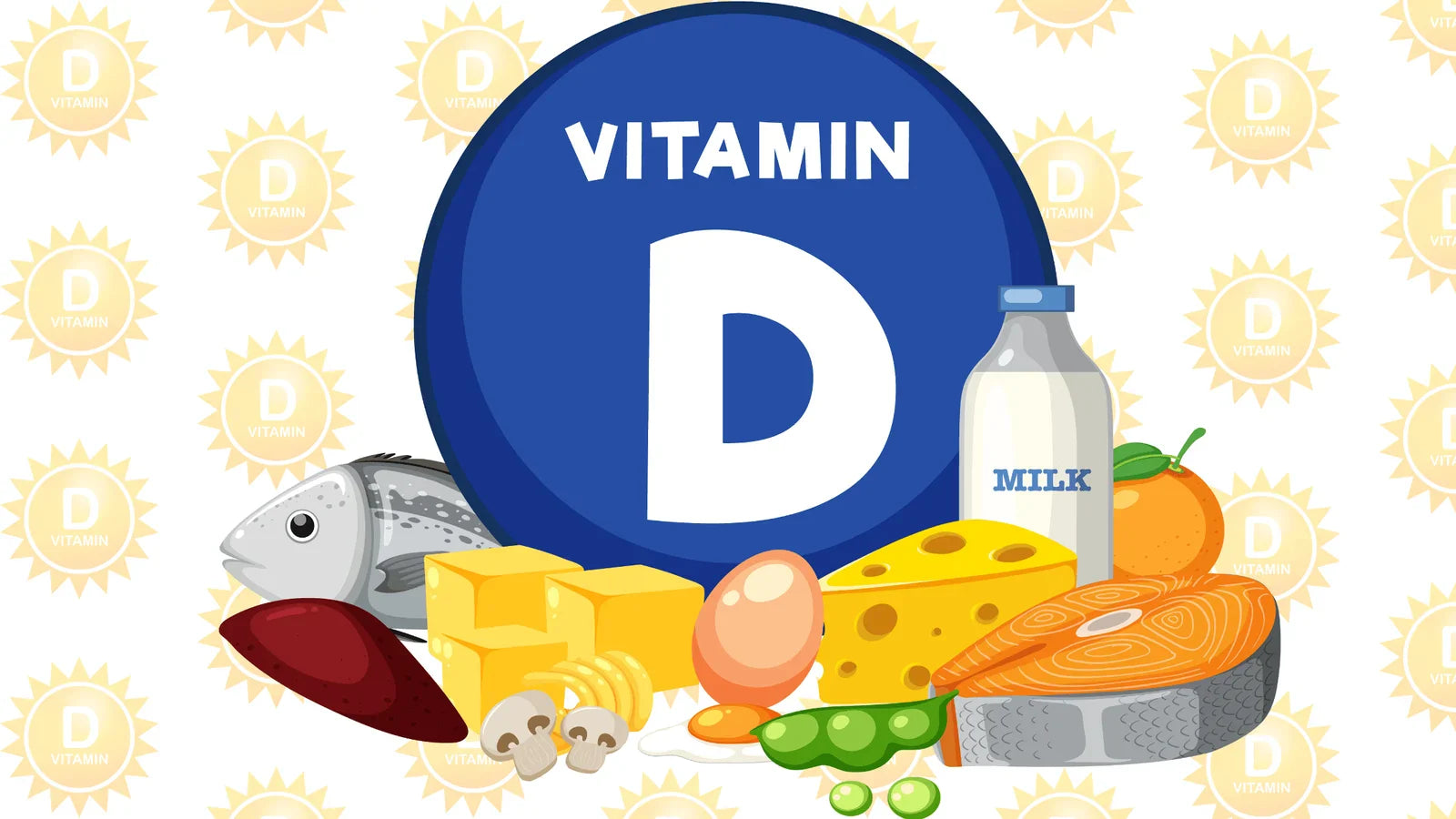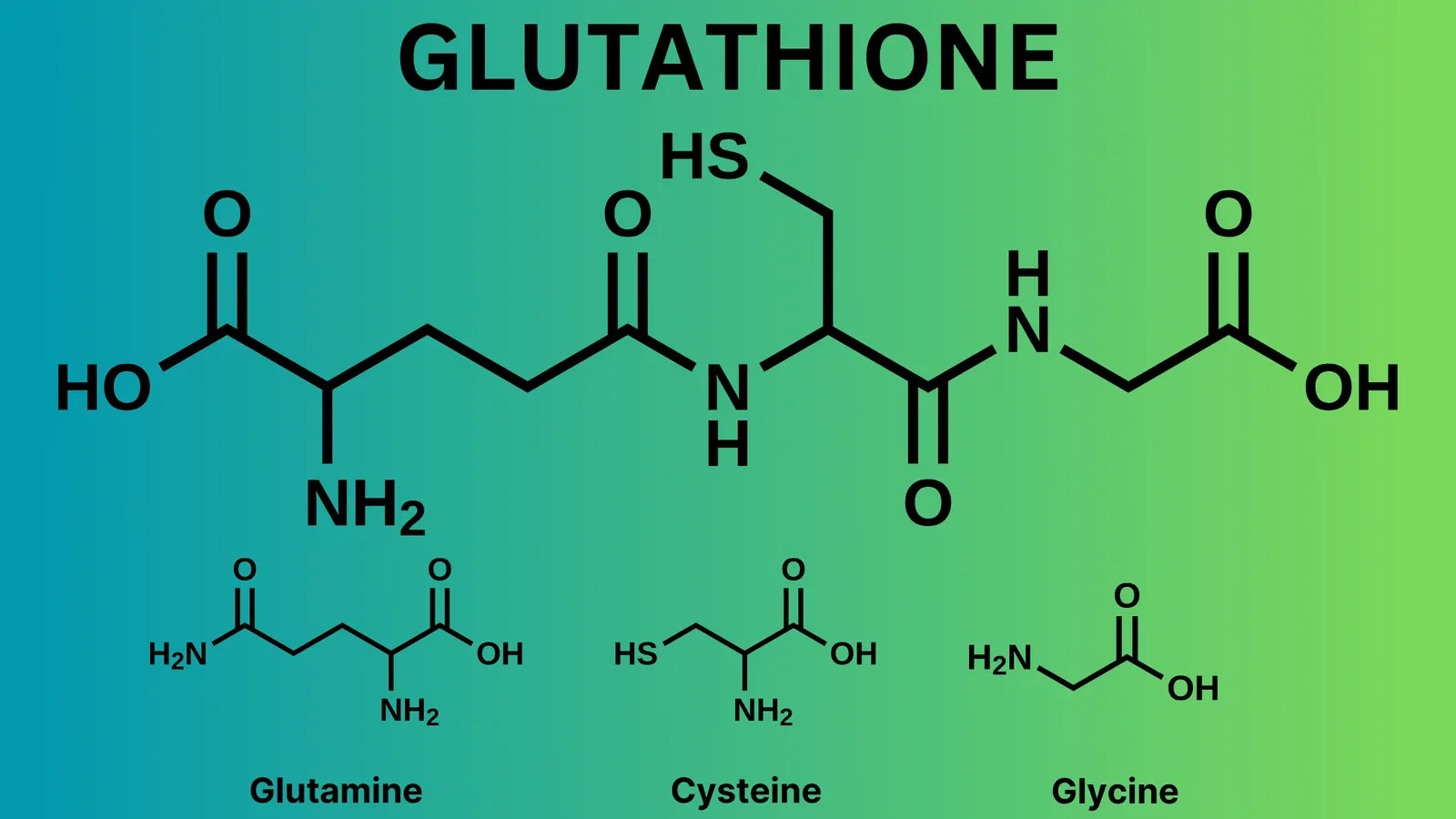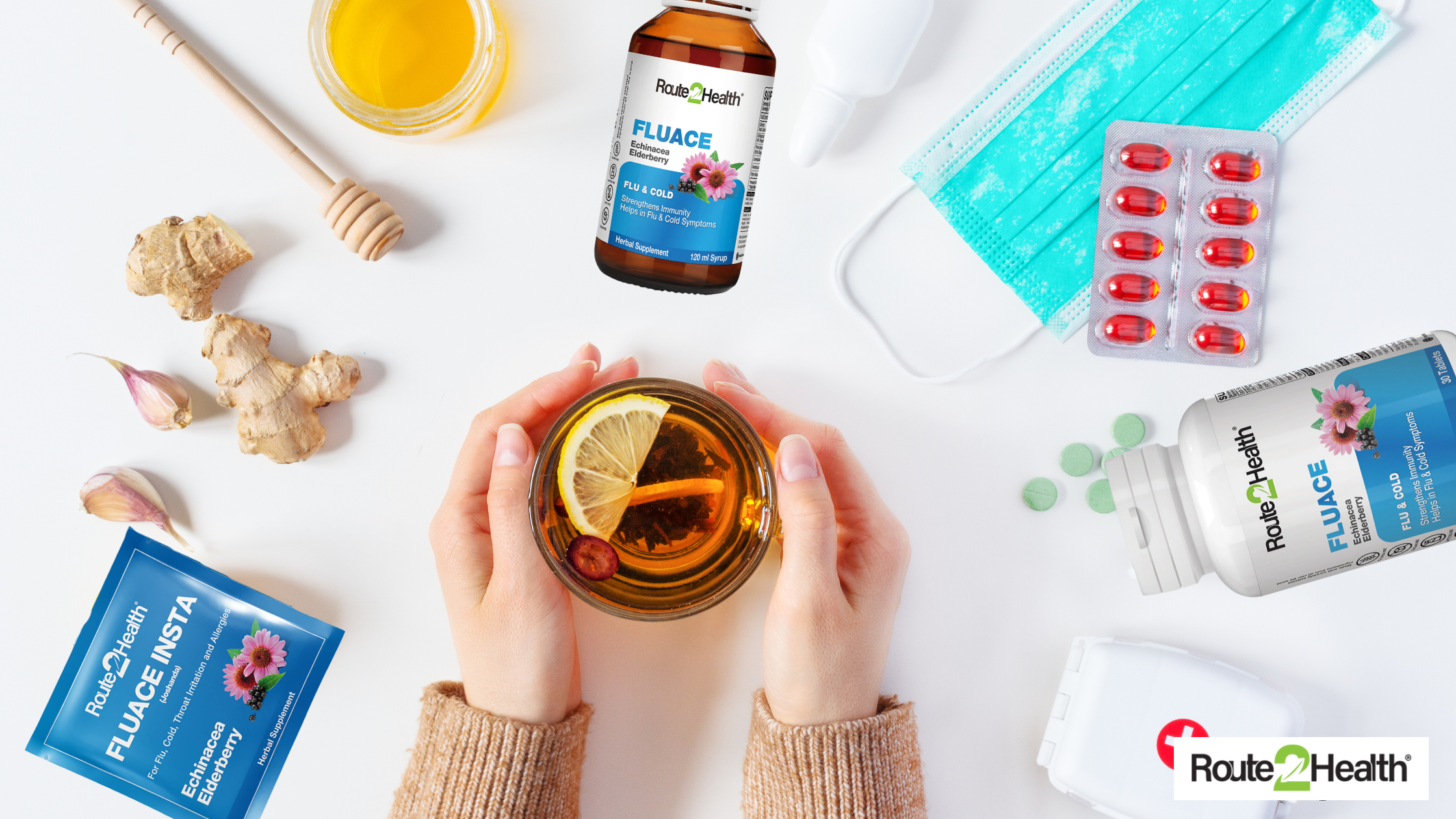
The Top 8 Foods Rich in Vitamin D To Improve Children's Vitamin D
Does your child struggle with frequent colds or infections? It might be time to reevaluate their diet. Vitamin D, often referred to as the ""sunshine vitamin,"" plays a crucial role in maintaining overall health, especially in children. With busy schedules and limited sun exposure, ensuring adequate vitamin D intake for children can be challenging. Let's explore the top foods to improve children’s vitamin D levels.
The Importance of Vitamin D for Kids
Vitamin D plays a crucial role in children's health, supporting their immune system, bone development, and overall growth. It helps the body absorb calcium, which is essential for strong bones and teeth. Deficiency in vitamin D can lead to various health issues, including rickets—a condition that causes weak or soft bones in children. Adequate children’s vitamin D intake is particularly important for healthy growth and development.
According to the National Institutes of Health (NIH), the recommended dietary allowance (RDA) for vitamin D is 600 IU (15 mcg) per day for children aged 1-18 years. However, vitamin D deficiency remains prevalent, especially in regions with limited sunlight. A study published by UNICEF.org revealed that nearly 50% of children worldwide suffer from insufficient levels of vitamin D.
Vitamin D deficiency is more common than you might think. Factors such as indoor lifestyles, the use of sunscreen, and living in areas with less sunlight contribute to this widespread issue. Nearly one in ten children in the United States has a vitamin D deficiency, while many more have insufficient levels.
Top Foods To Elevate Children’s Vitamin D Levels
Now that we understand the importance of children’s vitamin D, let's look at the top 8 foods that are rich in this essential nutrient and how they can be incorporated into your child's diet.
1. Fatty Fish
Fatty fish such as salmon, mackerel, and sardines are among the best natural sources of vitamin D.
- Salmon: A 3.5-ounce (100-gram) serving of salmon contains about 526 IU of vitamin D, which is nearly 88% of the daily recommended intake for children. It is also rich in omega-3 fatty acids, which are essential for brain development.
- Tuna: Canned tuna can be a convenient and affordable option. It contains approximately 82 IU of vitamin D per 100g serving.
- Mackerel: This fish is another excellent source of vitamin D, providing around 805 IU per standard piece serving.
You can prepare grilled salmon or make a fish salad sandwich for lunch. Fish tacos or baked mackerel are also kid-friendly options that can provide a significant vitamin D boost.
2. Eggs
Egg yolks are another rich source of vitamin D. One large egg yolk contains about 37 IU of vitamin D . While this amount might seem small, eggs are versatile and can be included in various meals throughout the day.
You can serve scrambled eggs for breakfast or add boiled eggs to a salad or sandwich. You can also mix eggs into casseroles or bake them into quiches for a vitamin D-rich meal. Adding eggs is one of the easiest and most excellent ways to increase children’s vitamin D levels.
3. Fortified Milk
Most commercially available cow's milk is fortified with vitamin D, making it an excellent source for children. One cup (240 ml) of fortified milk provides about 115-130 IU of vitamin D . This can contribute to a child's daily vitamin D needs, especially when combined with other sources.
Encourage your child to drink a glass of milk with meals. You can also use fortified milk in smoothies, oatmeal, or breakfast cereals.
4. Fortified Cereals
Many breakfast cereals are fortified with vitamin D, making them a convenient option for busy mornings. Depending on the brand, a serving of fortified cereal can provide between 40 and 100 IU of vitamin D.
Serve fortified cereals with fortified milk for a double dose of vitamin D. You can also mix cereal with yoghurt or use it as a topping for fruit salads.
5. Cod Liver Oil
Cod liver oil is one of the most concentrated sources of vitamin D available. According to the USDA Data Base, just one teaspoon (4.9 ml) of cod liver oil provides about 450 IU of vitamin D, which is 75% of the daily recommended intake for children.
Cod liver oil can be taken as a supplement, usually available in liquid or capsule form. If your child dislikes the taste, consider mixing it into a smoothie or juice.
6. Mushrooms Exposed to UV Light
Mushrooms, particularly those exposed to ultraviolet (UV) light, are one of the few plant-based sources of vitamin D. A 3.5-ounce (100-gram) serving of UV-exposed mushrooms can provide
You can add sliced mushrooms to omelettes, pizzas, or stir-fries. Grilled mushrooms or mushroom soup are also kid-friendly options that can easily be incorporated into meals.
7. Fortified Orange Juice
Some brands of orange juice are fortified with vitamin D, offering a tasty alternative for children who might not enjoy milk. A cup (240 ml) of fortified orange juice typically contains around 100 IU of vitamin D.
Serve a glass of fortified orange juice with breakfast. You can also use it as a base for fruit smoothies or freeze it into popsicles for a refreshing treat.
8. Fortified Yogurt
Like milk, many yoghurts are fortified with vitamin D, making them a great addition to your child's diet. A 6-ounce (170-gram) serving of fortified yoghurt contains about 80-100 IU of vitamin D.
Serve yoghurt with fresh fruit and a drizzle of honey for a nutritious snack. You can also use yoghurt as a base for smoothies, mix it into overnight oats, or add it to parfaits with granola for a vitamin D-rich breakfast.
Kid’s One Daily: A Multivitamin Supplement for Children
While incorporating these vitamin D-rich foods into your child's diet is essential, it's not always easy to ensure they get the required amount daily. This is where a reliable supplement like Kid’s One Daily from Route2Health can make a difference. Kid’s One Daily is a comprehensive multivitamin for kids, providing them with essential vitamins and minerals, including vitamin D, to support their overall health and development.
Adding Kid’s One Daily to your child’s routine ensures they receive consistent and adequate amounts of vitamin D, especially on days when dietary intake might fall short. It’s an easy and effective way to help bridge the nutritional gaps and support your child's immune system, bone health, and overall well-being.
Conclusion
Ensuring that your child gets enough vitamin D is crucial for their growth and overall health. From fatty fish and fortified milk to UV-exposed mushrooms and fortified cereals, incorporating these top 8 vitamin D-rich foods into your child's diet can help meet their daily needs. Additionally, a supplement like Kid’s One Daily from Route2Health can provide an extra layer of assurance, ensuring your child receives the essential nutrients they need to thrive.
Remember, balanced nutrition, regular physical activity, and sensible sun exposure are all vital components of a healthy lifestyle for children. By prioritising these aspects, you can help your child build strong bones, support their immune system, and set the foundation for a healthy future.
FAQs
1. Why is vitamin D important for children?
Vitamin D is essential for children's bone health, immune system support, and overall growth. It helps the body absorb calcium, which is crucial for developing strong bones and teeth.
2. How much vitamin D does my child need daily?
The recommended dietary allowance (RDA) for vitamin D in children aged 1-18 years is 600 IU (15 mcg) per day.
3. What are the best food sources of vitamin D for children?
Top food sources of vitamin D for children include fatty fish (like salmon), fortified milk, egg yolks, fortified cereals, and UV-exposed mushrooms.
4. Can my child get enough vitamin D from sunlight alone?
While sunlight is a natural source of vitamin D, factors like limited sun exposure, sunscreen use, and geographic location can make it difficult for children to get enough vitamin D from sunlight alone.
5. Should I give my child a vitamin D supplement?
If your child has limited exposure to vitamin D-rich foods or sunlight, a vitamin D supplement like Kid’s One Daily from Route2Health can help ensure they meet their daily requirements. Always consult a healthcare provider before starting any supplement.






















































